The processor is generally considered to be the brain of the PC. This nickname is due to the importance of this component, since it is a multipurpose component that takes care of the general tasks of the system This is the most important nuance that differentiates it from other components such as the GPU, that generality versus specialization of the latter.
Its importance is beyond doubt since, in the end, the processor is the one in charge of converting processes and threads into information that can be understood by the system, and by the rest of the components of the computer. This helps us to understand the close relationship that exists between the processor, or CPU, and the graphics processing unit, or GPU. The GPU depends on the CPU to work, although this dependency is reduced depending on where the workload is highest, something we discussed in this article on processors and bottlenecks.
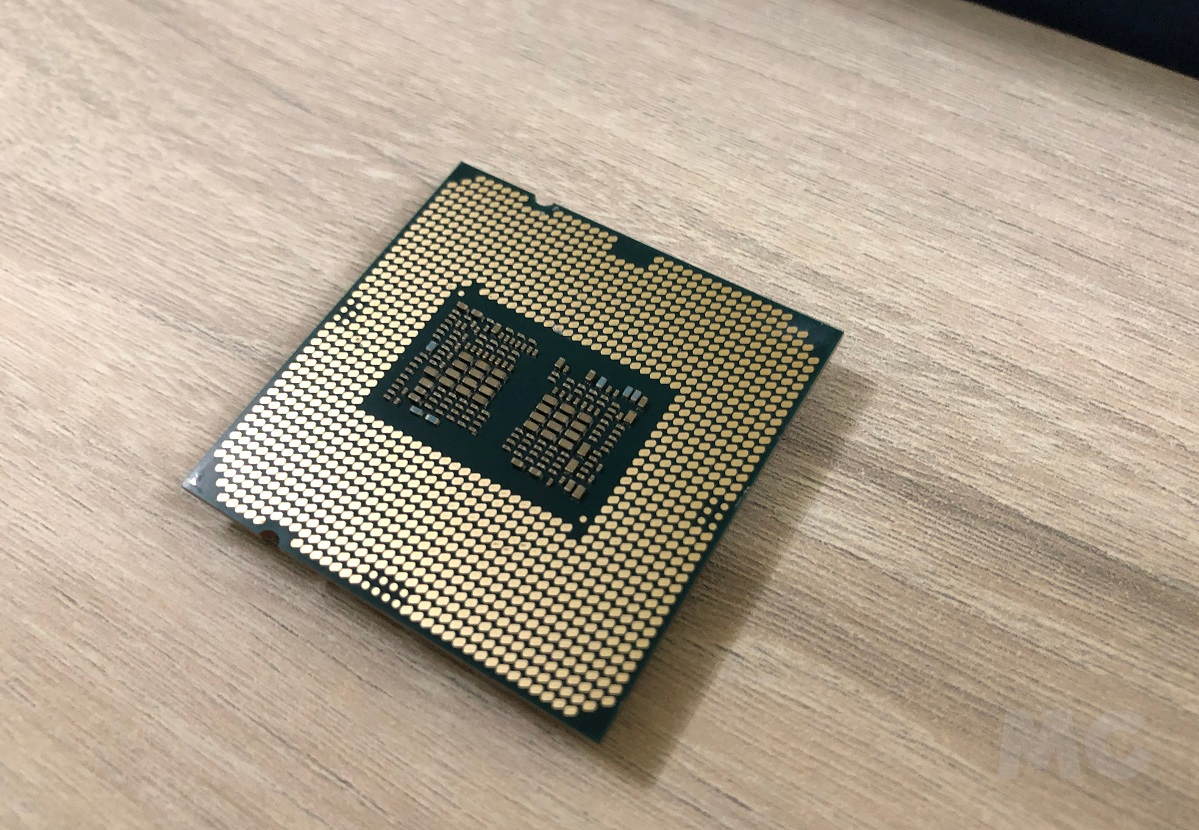
Most people have some notions about what things influence the performance of a processor, but the truth is that this actually depends on many factors, and therefore the same chip can offer a totally different performance in two different applications, and it can also vary greatly depending on the components we have chosen to assemble a PC. This affects all areas, but is especially complex when it comes to gaming, i.e. running games on PCs.
Unfortunately, we still many myths, lies, or false beliefs are still heldwhatever you want to call it, around processors when they are used, or mainly focused, for gaming. Around these lies have been propped a kind of mantras that refuse to leave us, and therefore I decided to share with you this article, where we will review five lies about the processor and gaming that we must definitely overcome.
1.-A processor with more cores and threads is always better in games
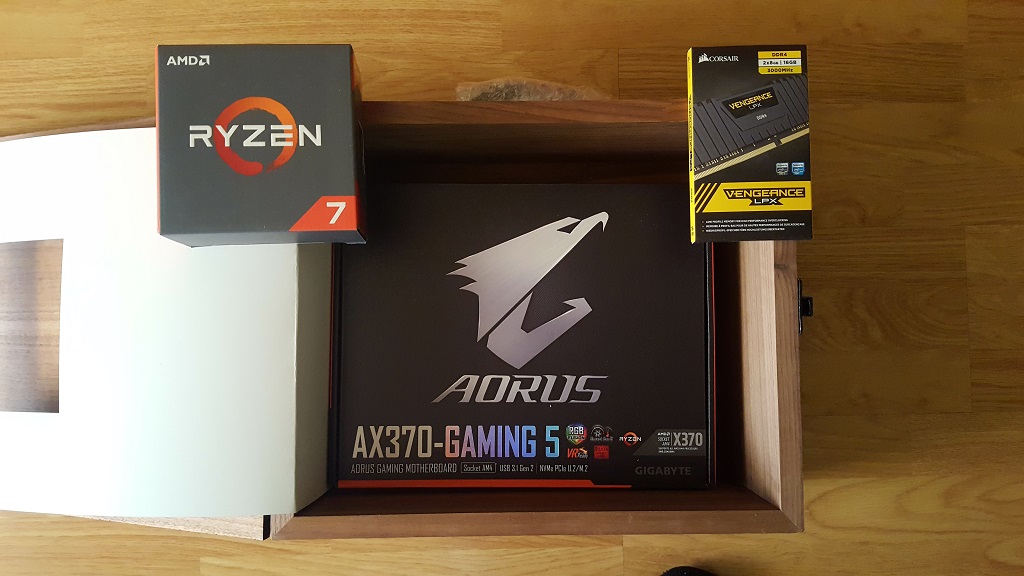
This is not the case, in fact the opposite may be true, since, unfortunately, games maintain a clear tendency to rely more on other aspects of the processor than on its core and thread count. Â It hasn’t always been this way, but since the arrival of PS4 and Xbox One it became very apparent, and frankly, it’s a problem.
The first major transition we experienced in this regard came with the leap to two-core processors. The Core 2 Duo had lower clock frequencies than the Pentium 4, but thanks to their higher IPC (instructions per clock cycle) they more than made up for the lower frequency, and when running games that could parallelize on their two cores, the performance improvement they offered was huge. However, for those titles that could not take advantage of both cores, the performance improvement was much smaller.
When we jumped to the four-core, with the Core 2 Quad and the Phenom, the vast majority of games still only scaled on two-core processors. Battlefield 3 was one of the first games to take advantage of quad-core configurations, and so was Guild Wars 2, but they were exceptions to a general rule that, only with the advent of PS4 and Xbox One, changed to standardize on two cores and four threads, or four physical cores.
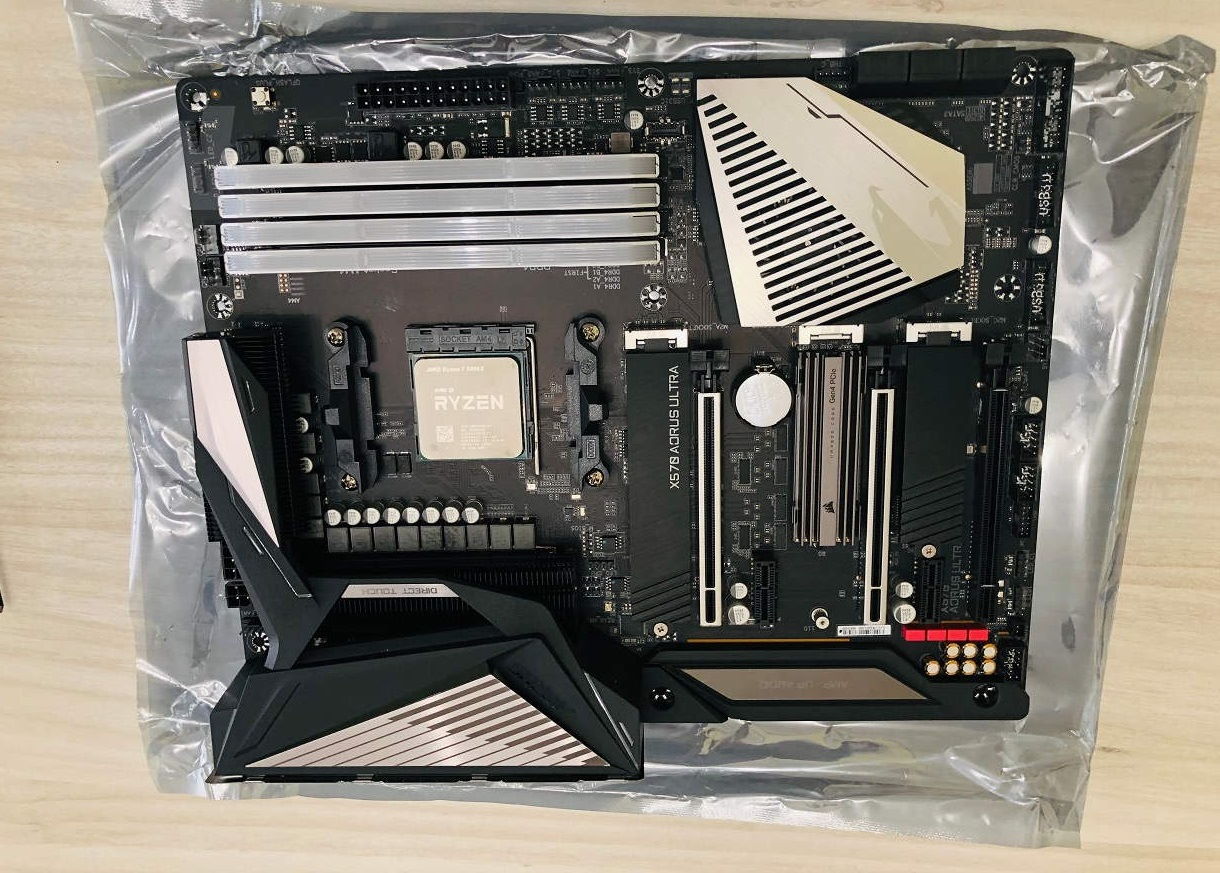
Look at the huge time span we covered with the previous paragraph, and how little we have evolved in terms of multithreaded game scaling on high core-count processors. Right now, most games scale well on quad-core, eight-threaded processorsbut they are not able to really take advantage of six-core, twelve-thread processors. Â A shame, as these have been in the mainstream consumer market for several years, and were democratized in 2017 with the arrival of the Ryzen 1000 series.
If you have an 8-core, 16-thread processor like the Ryzen 7Â 1700, for example, you’re going to have to accept that a Core i3-10100F, which has four cores and eight threads, is going to perform better in games because the latter has a higher IPCand reaches higher operating frequencies. It is true that cores and threads matter, but only until we reach the optimal level at any given time. If we go beyond that, those extra cores won’t be used, and won’t improve gaming performance.
Where is the optimal level? If we look at the present, a quad-core, eight-thread processor with a high IPC is fine, but ideally we should go for 6-core, 12-thread for longer life.
2.-A processor at a higher frequency will always be better than one at a lower frequency
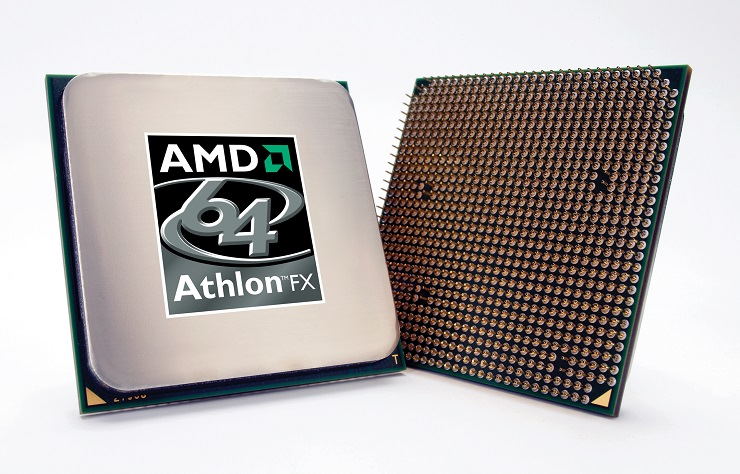
Let’s face it, there was a time when MHz mattered. I remember when I had a 133 MHz Pentium and dreamed of getting a 200 MHz Pentium. At that time, the MHz race was a reality, and it was between Intel and AMD. It was so intense that, in just four years, we went from 200 MHz to 2,000 MHz (Pentium and Pentium 4 series, respectively).
However, that MHz race bottomed out on several occasions. The first was with the launch of the AMD’s Athlon 64which, despite running at quite low frequencies for the time, gave the Pentium 4s of the time a run for their money. The same thing happened later on with the Intel Core 2 Duowhich made such a huge leap in terms of IPC, and thanks to its dual-core configuration, that a 1.6 GHz chip could overwhelm a Pentium 4 running at twice the frequency.
Subsequently, we’ve gone back to that race at specific times, in fact AMD had to pull it with their FX Bulldozer seriesremember the FX 9590 at 4.7 GHz, but these are a perfect example to illustrate why speed has long since ceased to be so important. That chip has a turbo mode that allows it to scale to 5 GHz, but its IPC is so low that a Ryzen 3 1200 at 3.1 GHz-3.4 GHz, normal and turbo mode, beats it without problems.
The duty frequency can improve the performance of a processor, that’s not untrue, but its importance is becoming less and lessand a processor running at a lower frequency can be better than one running at a much higher speed, even in current generations. Consider, for example, the performance of the Ryzen 5000 series versus the 11th generation Intel Core, despite the fact that the former do not reach such high clock speeds.
3.-Processor Matters Less Than Graphics Card: The Problem of Imbalances
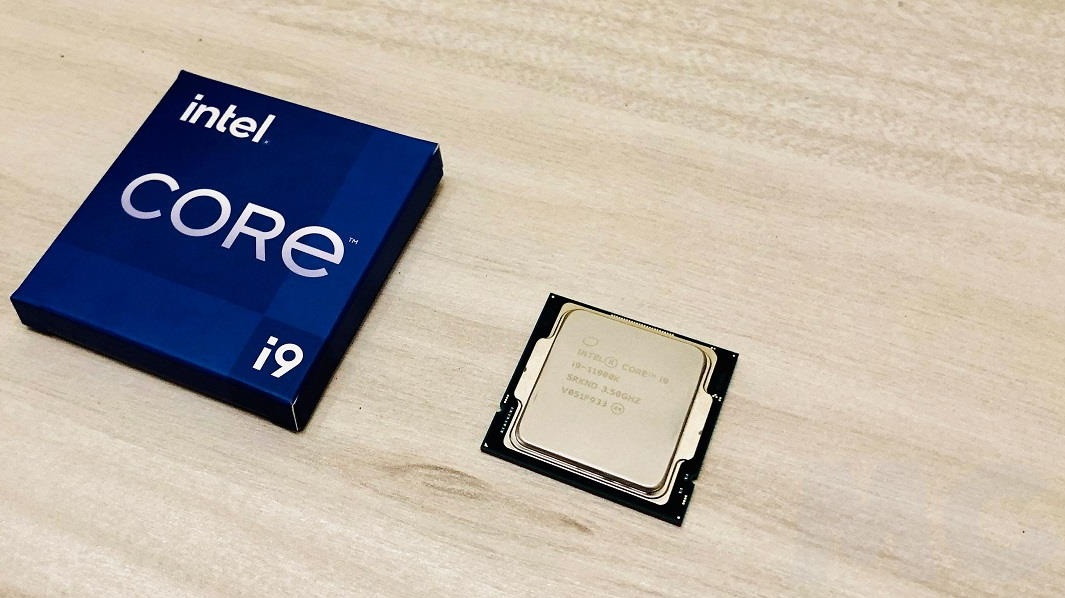
There is still a strong tendency to think that the processor has a very small impact when we play games, and that is why we should dedicate almost all of our budget to the graphics card. This is a mistake, and it can have very serious consequences because, in fact, there are games that have a high dependency on the CPUeven if they don’t scale properly in 6-core, 12-threaded configurations.
We must always start from the golden rule that we left you in the first section, and that is that, when choosing a processor for games, we should not go below a configuration of 4 cores and 8 threads. For example, if you have a 4-core, 4-threaded processor, many games will not be able to parallelize all the workload they require simultaneously, which will result in significant performance drops, unstable FPS rates, with sharp minimum peaks, jerks and stuttering. In these cases, the GPU is usually not able to work at 100%, so we will be wasting its real potential.
It is true that the processor matters less than the GPU in games, especially when we move in high resolutions (4K), but this doesn’t mean that we should forget about it completely. Having a powerful processor, capable of handling the workload required by each game and “powering” our graphics card is essential to create a top-notch gaming PC, even if we are on a tight budget.
As I said in the first section, right now it’s not worth building anything less than a quad-core, eight-threaded configuration, and ideally you should go for at least a six-core, twelve-thread processor. If you have to choose between a 6-core, 12-thread processor with a very high IPC and an 8-core, 16-thread processor with a much lower IPC, don’t hesitate, the former will be the better choice if your primary goal is gaming.
4.-A low end processor is not worth for gaming
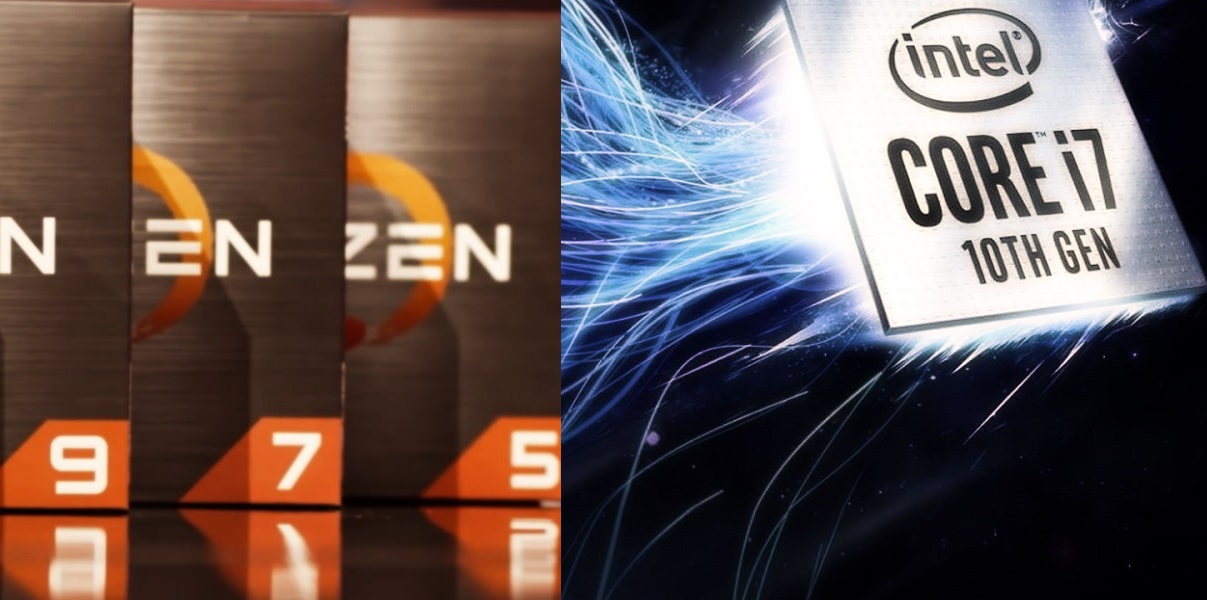
It’s a cliché that’s been running around the Internet for a long time, and one that I’ve even heard from the mouths of some  “experts”. The truth is that there are low-end processors that are even good for rendering and video editing with demanding applications. Do you think I’m exaggerating? That’s because you haven’t seen what a 4GHz Ryzen 7 1800X can do with its 8 cores and 16 threads, a chip that at the time could be bought, on the second-hand market, for just over 100 euros. This is, in fact, a myth that will make you lose money when building a PC.
As we have said before, the minimum we need to play with guarantees is four cores and eight threads, as long as the IPC is good. Well, with something as inexpensive as an Intel Core i3-10105Fwhich costs just over 85 euros, we could play any current game without any problems. Yes, in some specific cases it would be a bit tight, but if this is a problem for you, you could opt for the Intel Core i5-10400F, which has 6 cores and 12 threads and costs just over 150 euros. Until recently I would have recommended the Intel Core i5-11400F, but it has gone way up in price due to high demand.
And what happens if we go to older generations? More of the same, although in the case of AMD the lower IPC of the first generation Ryzen can end up making a palpable difference when gaming in 1080p and, to a lesser extent, 1440p resolutions. With this i don’t mean to say that they are not perfectly capable of moving current gamesbut simply do not achieve that peak performance that we can find in other processors with higher IPC.
The conclusion we should draw from this is very simple, a low-end processor that has at least one configuration of four cores and eight threadsand having a IPC at the level of Skylake or Zen 2 architectureis perfectly viable for gaming. You don’t need to spend more than 200 euros to get a processor capable of running current games with all the guarantees and that also has a long lifespan.
5.-It’s better to avoid an AMD processor if you want to play games
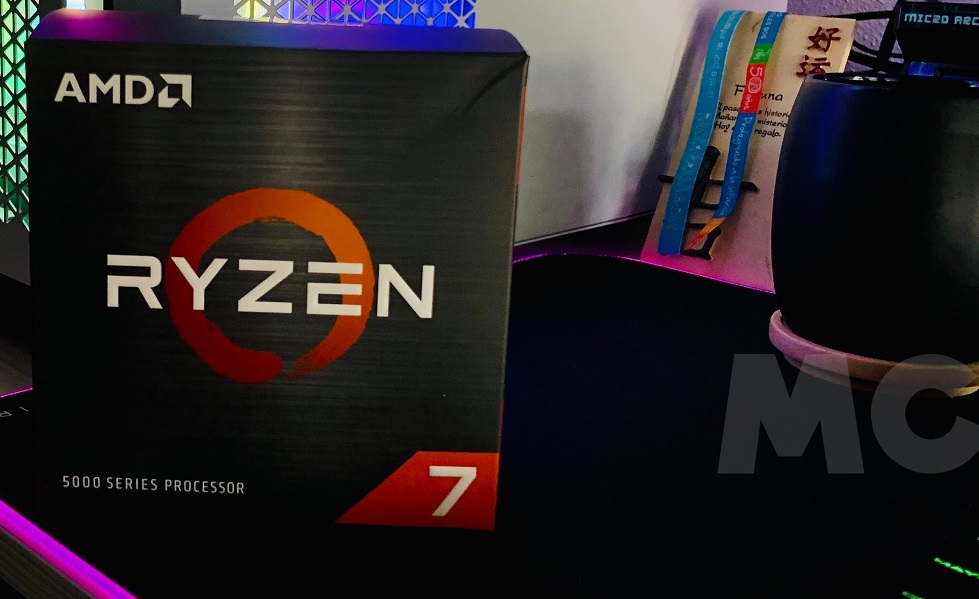
Another cliché that stopped making sense a long, long time ago. If we’re serious, it’s true that there were times when AMD’s Ryzen processors performed less well in games than Intel’s processors. You have to be fair and impartial, and yes, the first, second and third generation Ryzen (Zen, Zen+ and Zen 2) performed less well in games, but we can’t say that we had to avoid them because of that. All of these processors compensated for their lower performance by offering a very attractive price-performance value.
If we look at the present, we see that a Ryzen 5000 processor, based on the Zen 3 architecture, is capable of outperforming an Intel 11th generation processor in gaming, although unfortunately the price-performance value is less fine-tuned in that generation. You already know that AMD raised the price of those new processors considerably, and Intel was able to counter their raw performance improvements by tuning the price of their Core 10 and Core 11.
Putting aside the price issue, and limiting ourselves to raw performance, the difference in gaming performance between the pre-Zen 3 processors and their Intel counterparts is was especially noticeable at 1080p resolutionsand almost completely disappeared at 1440p. At 4K, these differences were completely diluted because the GPU took on more weight. However, as we said, the difference was not so great as to justify the idea of “avoiding them”, they were no longer markedly inferior processors, as was the case at the time with the FX Bulldozer.
Starting with Zen 3, as we have said, AMD achieved such a large IPC improvement that they ended up surpassing Intel in gaming performance, an account that had been pending since the Athlon 64 era. If you’re looking for a processor for gaming, and you want to choose an AMD chip, you should ideally try to stick to that architecture, although Zen 2-based chips also offer interesting value if you can find them at a good price. Otherwise, a 10th generation Intel Core will be your best bet.

